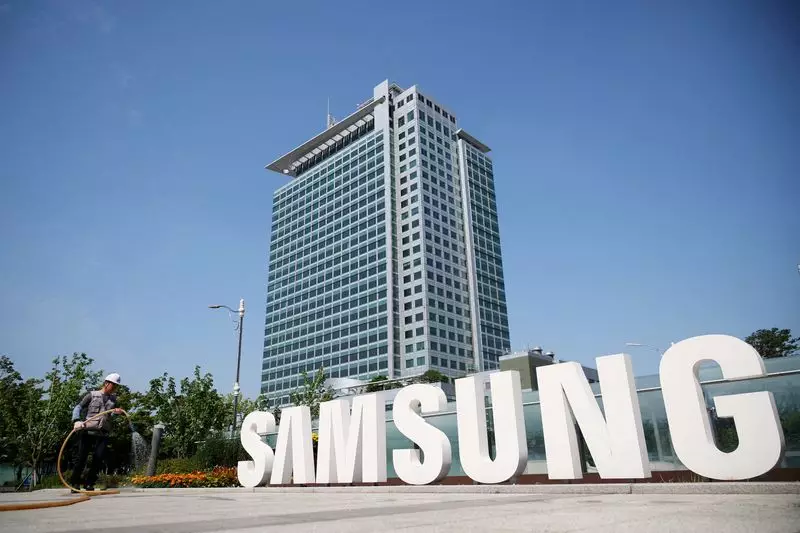Samsung Electronics has reported a substantial increase in its first-quarter operating profit, estimating a more than 10-fold rise compared to the same period last year. The rebounding semiconductor prices have played a significant role in lifting earnings for the South Korean tech giant. The company estimated an operating profit of 6.6 trillion won ($4.89 billion) for the quarter ended March 31, which marks a 931% increase from 640 billion won in the previous year.
Despite the impressive surge in operating profit, Samsung fell short of revenue expectations, with revenues likely to have increased by 11% to 71 trillion won, below the forecasted 72.3 trillion won. Analysts attribute the higher-than-expected operating profit to improved inventory valuation of NAND flash chips and a positive response to the new Galaxy S24 smartphones.
The resurgence in semiconductor prices has been a driving force behind Samsung's improved financial performance. The chip division, which is the company's main revenue generator, is set to report its first quarterly profit in five quarters. This turnaround can be attributed to the rebound in memory chip prices, with DRAM chip prices rising by about 20% and NAND flash chip prices increasing by 23% to 28% during the first quarter.
The growing demand for memory chips, particularly high-bandwidth memory (HBM) used in AI chipsets, has fueled optimism in the semiconductor market. The recent earthquake in Taiwan is expected to further tighten semiconductor supply, leading chipmakers like Samsung to potentially raise prices in the upcoming quarter, which could bolster earnings.
In addition to the semiconductor division, Samsung's mobile business has also been a key contributor to the company's profit growth. The launch of the Galaxy S24 smartphones in late January has been well-received, resulting in a solid profit for the mobile segment. Analysts estimate that Samsung shipped 57 million smartphones during the first quarter, representing an 8% increase from the previous quarter.
The average selling price of Samsung smartphones is also projected to have risen by 30% to $340 quarter-on-quarter, indicating a shift towards selling more high-margin premium smartphones. Global sales of the Galaxy S24 smartphones have shown a promising trend, with an 8% growth compared to the previous Galaxy S23 series during the initial three weeks of availability.
Following the announcement of its first-quarter estimates, Samsung shares experienced a slight decline in early morning trading. The market reaction was influenced by broader market conditions, including U.S. market falls and discussions by Federal Reserve officials regarding interest rate cuts.
Samsung Electronics' impressive first-quarter operating profit growth can be largely attributed to the rebounding semiconductor prices, particularly in memory chips. The strong performance of the chip division and the mobile business has positioned the company for a robust financial outlook in the coming quarters. As Samsung prepares to release detailed earnings on April 30, investors and industry analysts will be closely monitoring the company's future guidance and strategic initiatives to sustain its growth momentum.

